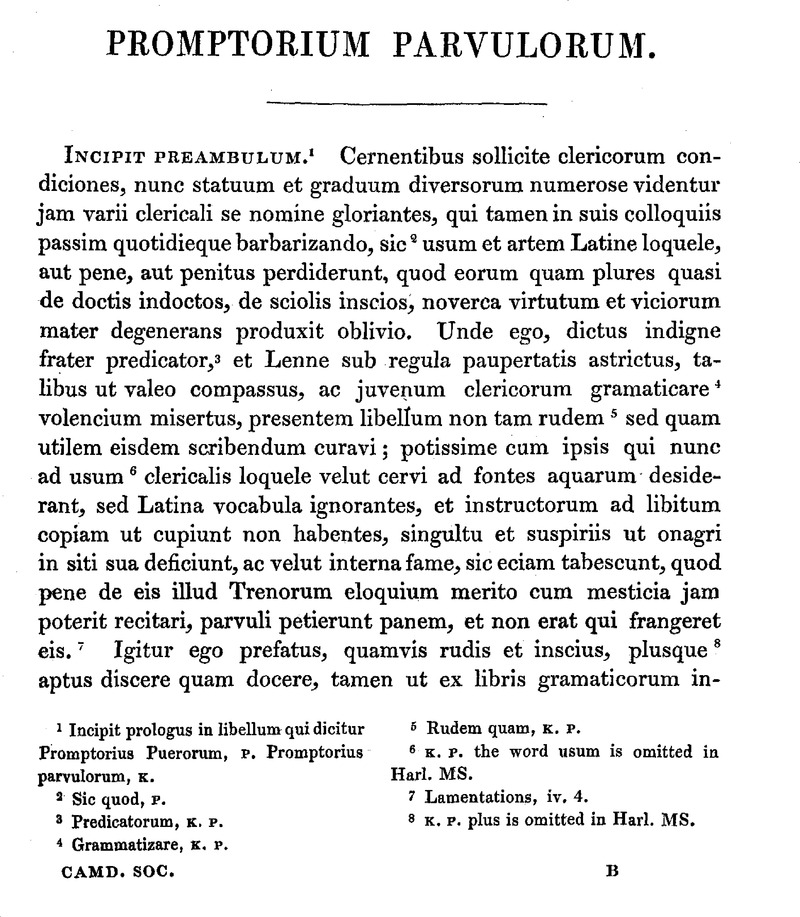
Most interpretations fit into one, or a combination, of these approaches. They are by no means mutually exclusive and are often combined to form a more complete and coherent interpretation of prophetic passages. The following approaches arose from the study of Christianity’s most central eschatological document, the Book of Revelation, but the principles embodied in them can be applied to all prophecy in the Bible. Their interpretation of Christian eschatology resulted in the founding of the Seventh-day Adventist church.Ī new heaven and new earth, Mortier’s Bible, Phillip Medhurst Collection Christian eschatological views White, William Miller (preacher) and Joseph Bates (Adventist) began to study eschatological implications revealed in the Book of Daniel and the Book of Revelation. In the 1800s, a group of Christian theologians inclusive of Ellen G. However, in the 20th century, there would be a growing number of German scholars such as Jürgen Moltmann and Wolfhart Pannenberg who would likewise be interested in eschatology. Both of these strands would have significant influences on the growing interests in eschatology in Christian missions and in Christianity in West Africa and Asia. This would be contrasted with the growing interest in premillennialism, advocated by dispensational figures such as J. The growing modern interest in eschatology is tied to developments in Anglophone Christianity. Puritans in the 18th and 19th centuries were particularly interested in a postmillennial hope which surrounded Christian conversion. The word was used first by the Lutheran theologian Abraham Calovius (1612–86) but only came into general usage in the 19th century. 160–225), and was given fuller reflection and speculation soon after by Origen (c. Treatment of eschatology continued in the West in the teachings of Tertullian (c.

/https://tf-cmsv2-smithsonianmag-media.s3.amazonaws.com/filer/68/a6/68a6dfd6-19b3-48f0-99ba-90e553c8dd18/jacklondongentheweb.jpg)
35–107 AD), then given more consideration by the Christian apologist, Justin Martyr (c.

HistoryĮschatology is an ancient branch of study in Christian theology, informed by Biblical texts such as the Olivet discourse, The Sheep and the Goats, and other discourses of end times by Jesus, with the doctrine of the Second Coming discussed by Paul the Apostle and Ignatius of Antioch (c. There are also many extra biblical examples of eschatological prophecies, as well as church traditions.

Broadly speaking, Christian eschatology is the study concerned with the ultimate destiny of the individual soul and the entire created order, based primarily upon biblical texts within the Old and New Testament.Ĭhristian eschatology looks to study and discuss matters such as death and the afterlife, Heaven and Hell, the second coming Jesus, the resurrection of the dead, the rapture, the tribulation, millennialism, the end of the world, the Last Judgment, and the New Heaven and New Earth in the world to come.Įschatological passages are found in many places in the Bible, both in the Old and the New Testaments.


 0 kommentar(er)
0 kommentar(er)
